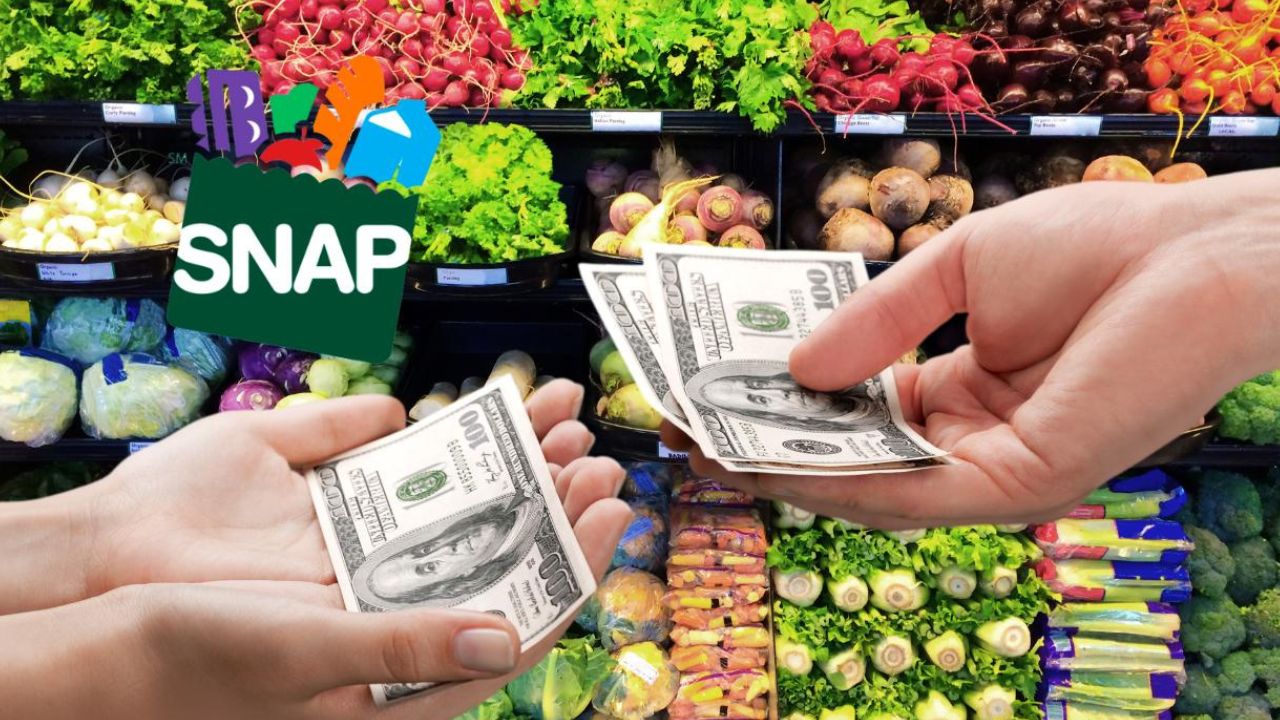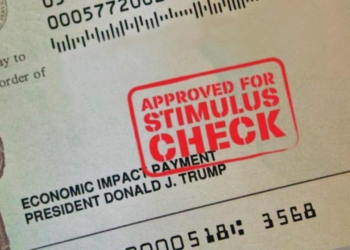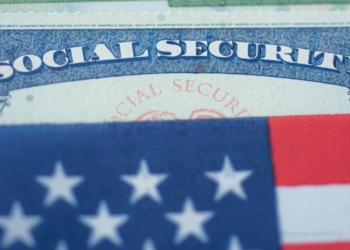The federal government has authorized six additional states to implement bans on the purchase of processed foods through Supplemental Nutrition Assistance Program (SNAP) benefits. The program’s spirit is to deliver money to eligible households in order for them to buy nutritions food.
Colorado, Louisiana, Oklahoma, West Virginia, Texas, and Florida received waivers that will allow them to exclude these products from SNAP-funded purchases starting in 2026. This decision represents a significant expansion of previously initiated policies.
What to know about the new bans on SNAP benefits
Colorado became the first traditionally Democratic state to join this initiative. The move follows the approval of a similar exemption for Nebraska in May, initially focused on sugary and energy drinks.
Agriculture Secretary Brooke Rollins explained the decision during the announcement: “SNAP is a supplemental nutrition program intended to provide healthy food benefits to low-income families to supplement their grocery budget.”
She added: “That is the stated purpose of the SNAP program, the law establishes it, and President Trump’s USDA plans to fulfill it.”
Health Secretary Robert F. Kennedy Jr. publicly endorsed the restrictions, linking them to his “Make America Healthy Again” campaign. Kennedy stated, “American taxpayers should not be paying to feed children, the poorest children in our country, food that’s going to give them diabetes.
Furthermore, he said: “And then my agency ends up, through Medicaid and Medicare, paying for those injuries.” He stated his intention to continue the process: “We’re going to end that, and we’re doing it step by step, state by state.”
The impact of restrictions over SNAP benefits
Food policy experts have questioned the practical effectiveness of these bans to SNAP benefits. Research cites significant logistical hurdles, particularly the need to track approximately 650,000 food and beverage products available on the market, plus 20,000 new items introduced annually.
Economist Diane Whitmore Schanzenbach had already raised these concerns in 2017 before the House Agriculture Committee, noting the high operating costs and limited impact on consumer habits.
Despite technical criticism, key administration figures continue to support the strategy. FDA Commissioner Marty Makary expressed his support through media: “I hope all 50 states will join this bold, common-sense approach. For too long, the root causes of our chronic disease epidemic have been addressed only with lip service.”
Let’s review the maximum SNAP benefits amounts in 2025
The debate over the effectiveness of these restrictions coexists with the current operation of the SNAP program. For fiscal year 2025 (October 1, 2024, to September 30, 2025), the maximum monthly benefit amounts in contiguous states and the District of Columbia remain unchanged, based on household size.
The established amounts are: $292 (1 person), $536 (2 people), $768 (3 people), $975 (4 people), $1,158 (5 people), $1,390 (6 people), $1,536 (7 people), and $1,756 (8 people). For each additional member, an additional $220 per month is added.
Current permitted products and exclusions
Current federal regulations define precisely what items can be purchased with SNAP funds. The benefits cover exclusively food for preparation and consumption at home. The list includes: fresh, frozen, or canned fruits and vegetables; cereals, breads, and flours; dairy products; meat, poultry, fish, and eggs.
You can also buy non-alcoholic beverages; and seeds or plants for growing food. Exceptionally, seniors, people with disabilities, or people experiencing homelessness may purchase prepared meals from authorized restaurants.
Explicitly excluded are: alcohol and tobacco; non-food items such as personal hygiene products, paper, or pet supplies; hot, ready-to-eat meals; vitamins or medicinal supplements; and live animals. These exclusions remain independent of new state restrictions on processed foods.
Implementation of state-specific prohibitions will require adjustments to point-of-sale payment and verification systems. Before going for shopping with your SNAP benefits’ EBT card, call your local SNAP agency in order to be informed about what new products are banned from now on.







